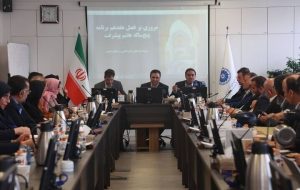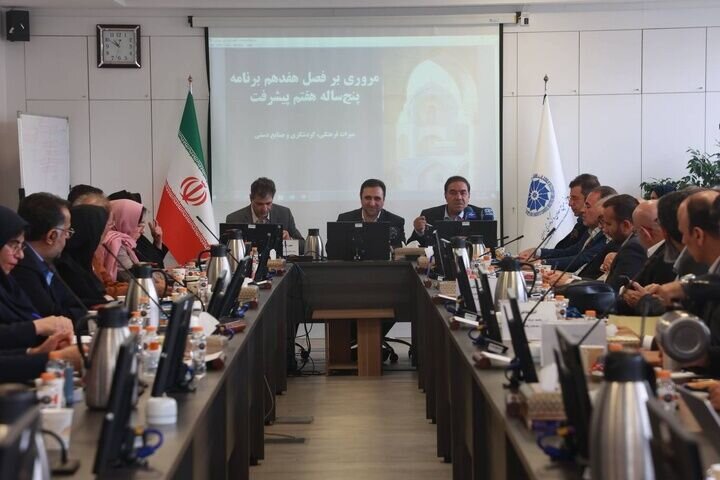Iran emphasizes sea tourism development amid baseless claims over its triple islands
TEHRAN – Iran’s deputy tourism minister, Ali-Asghar Shalbafian, alongside several experts and private investors, convened on Tuesday to discuss strategies for advancing marital tourism within the framework of the Seventh National Development Plan. The meeting, hosted by Iran’s Chamber of Commerce, aimed to foster growth in the country’s tourism sector over the next five years.


TEHRAN – Iran’s deputy tourism minister, Ali-Asghar Shalbafian, alongside several experts and private investors, convened on Tuesday to discuss strategies for advancing marital tourism within the framework of the Seventh National Development Plan.
The meeting, hosted by Iran’s Chamber of Commerce, aimed to foster growth in the country’s tourism sector over the next five years.
A significant highlight of the discussion was the emphasis on developing sea tourism around the strategically important Iranian islands of Abu Musa, Greater, and Lesser Tunbs. This initiative is seen as a direct response to baseless territorial claims by the United Arab Emirates.
Shalbafian underscored the pivotal role of the Seventh National Development Plan in revitalizing the tourism industry, advocating for policies that encourage investment and enhance infrastructure.
“To sustain tourism projects, we must create incentives and establish mechanisms that motivate investors,” he noted, stressing the need for collaborative efforts across government sectors.
Key proposals included tax exemptions for importing tourism equipment and leisure vessels, which are vital for sea tourism development but not locally manufactured. Shalbafian also highlighted the importance of private sector participation, proposing the delegation of certain tourism management roles to professional associations.
Gholamheydar EbrahimBay-Salami, a University of Tehran academic, stressed the integral connection between tourism and political developments, advocating for robust government and parliamentary collaboration to invigorate the sector.
He emphasized the need for comprehensive plans to expand Iran’s tourism market, traditionally seen as fragmented and small-scale.
Ali Rahimpour, a hospitality industry veteran, recommended the establishment of a dedicated committee to coordinate with other ministries and promote international awareness about Iran’s tourism potential. He suggested this could counteract negative perceptions and claims regarding the islands.
The meeting concluded with calls for enhancing tourism standards, improving service quality, and fostering skilled workforce development to meet the industry’s growing needs.
Iran has always dismissed United Arab Emirates’ assertions concerning Iran’s three islands as unfounded.
The last time that the claim was repeated was on October 17, when a joint meeting took place in Brussels involving the leaders of the Persian Gulf cooperation council and the European Union. The concluding statement from this meeting included unfounded allegations regarding Iran’s territorial integrity, urging Iran to cease its occupation of the three islands of the United Arab Emirates—Greater Tunb, Lesser Tunb, and Abu Musa—asserting that this occupation infringes upon the sovereignty of the United Arab Emirates and contravenes the principles of the United Nations Charter.
As legal experts say when British colonial rule ended in the region in 1971, which included the three islands, the newly formed states such as the UAE and Bahrain rightfully transferred ownership of the islands to Iran, as all historical records affirm their Iranian heritage.
AM
